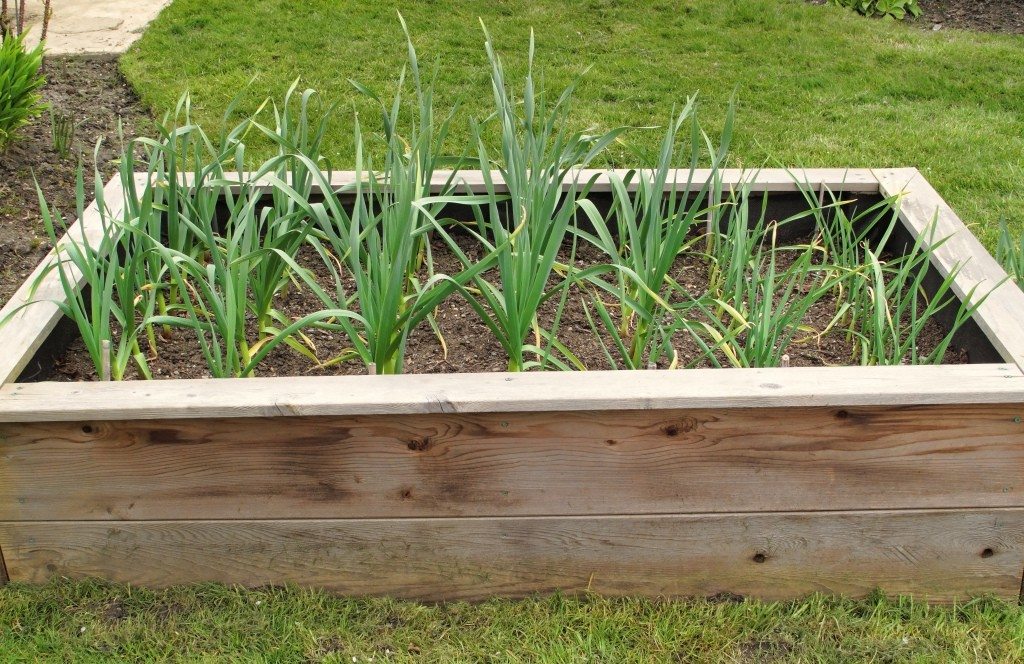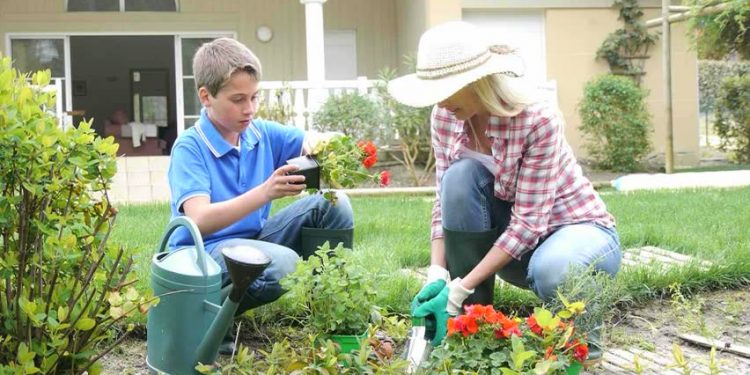As we slowly transition into Autumn you might be thinking about hanging up those gardening gloves until next year. Not so fast, there are some wonderful fruits and vegetables you can plant and grow throughout the Autumn and Winter months. We would like to take some time to look through some of the plants which can survive the colder weather and will be ready for you in the Summer. So don’t put those garden supplies away yet, as there is still more fun to be had!
There are a huge range of vegetables that can thrive during the colder months with some even requiring the cold to grow and mature a lot more successfully. You’ll be surprised to know that gardening can be done even in cold places by using container gardening techniques. Don’t abandon your allotment this season, instead, we would recommend embracing it and making the most out of the delicious food that can be planted.
Garlic
Garlic can be used in a huge range of dishes from sauces to chili’s – the list is truly endless. Garlic has a huge range of antioxidant compounds such as allicin and calcium. Garlic is brilliant for preventing colds, flu, and boosting your immune system.
They are also surprisingly easy to grow – They require a cold period to grow and should be ready for harvesting in Spring. They are not hard to plant but they do require light soil and plenty of compost to thrive fully. Weeding is very important for garlic’s survival as they can easily become suffocated and it is also important that you try and protect them from animals such as birds and squirrels.

Onions
Onions are actually very similar to garlic as they contain very similar compounds. Onions are highly adaptable and are perfectly suited to a huge variety of dishes such as soups, stews, and even salads. Onions also have a vast range of health benefits including vitamin C and chromium which is known to help regulate blood sugar and is also a natural anti-inflammatory.
We would recommend planting the seeds between September and November (So now is a perfect time) It is important to do this in order to prevent disease. Planting in sets is the process of sowing miniature bulbs instead of seeds. The onions should then be ready by early May or July.
Spinach
Spinach is a wonderful vegetable to have growing in your allotment as they are naturally rich in vitamins A & K, Which means they are brilliant for keeping your bones and digestive system in top shape. It also contains potassium (More than bananas!) so this is definitely not a plant that should be overlooked when choosing which ones to plant.
Spinach thrives in damp and cold soil and if planted in September/October will actually be ready by January/March time. However, you may want to look to protect your seedlings from the elements during the harsher winter months – keep an eye out for any pests such as slugs and snails. We would recommend cleaning out and breaking an eggshell and sprinkling this over your soil as it stops snails and slugs from going near your food.
Brussel Sprouts
Brussel Sprouts are an absolute must during the festive season! They are absolutely packed with Vitamin K which helps with your digestive system and Vitamin C which will help your immune system. They are really good at growing in colder weather conditions and can take up to 24 weeks to fully mature and will require treatment with fertilizer. Planting seeds in October time is perfect to ensure your sprouts are ready by Christmas.
Turnips
Turnips are perfect for a variety of winter comfort dishes! You can plant Turnips in the early Autumn and may be able to yield by December or January. Turnips grow quite quickly even in colder weather – sometimes even maturing within 6 – 10 weeks. They don’t need much care once planted as well.






